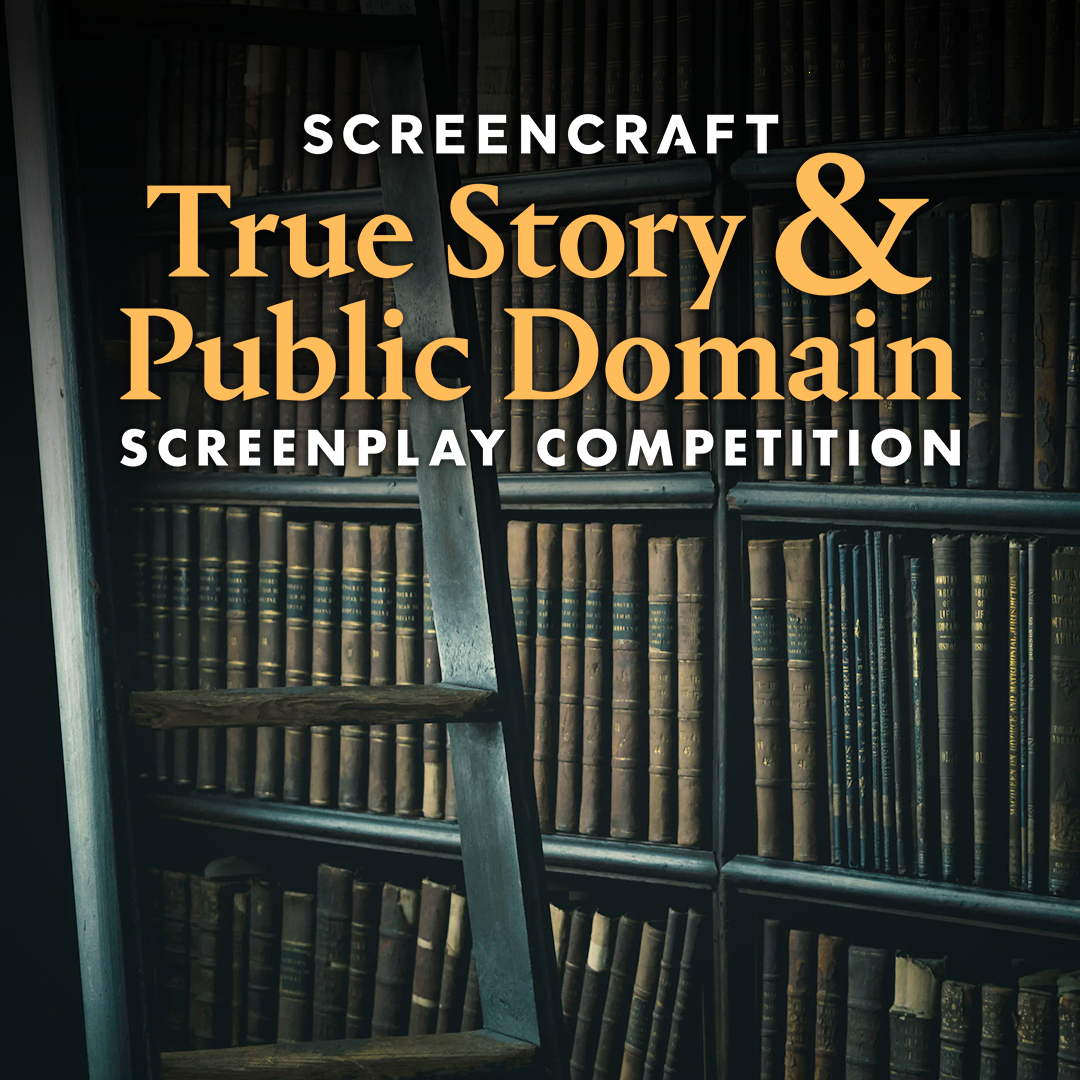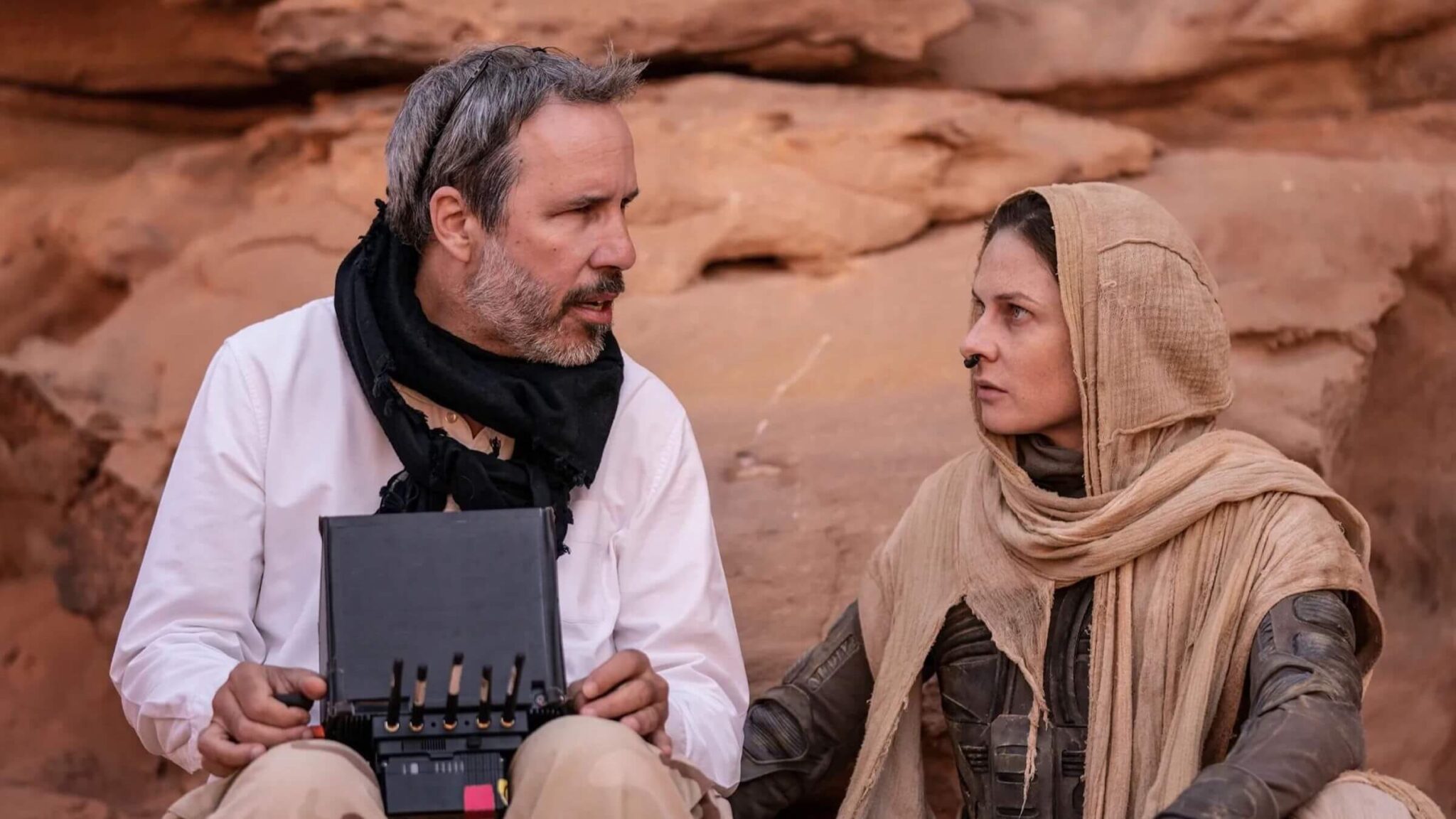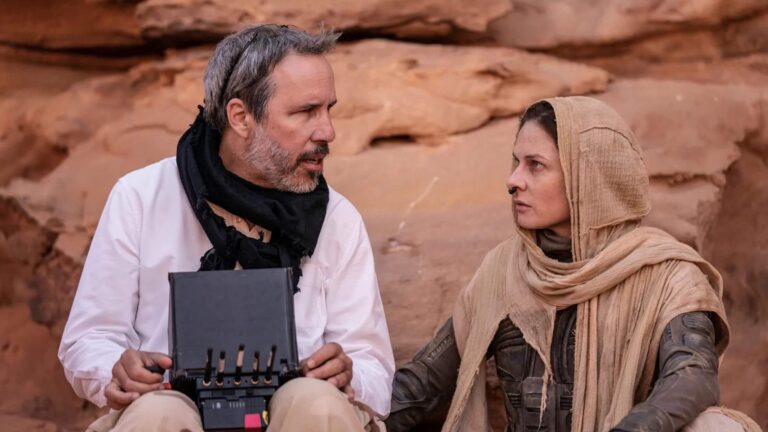Script Apart: 'Dune' Screenwriter Eric Roth on Mastering Any Genre

If Eric Roth has proved anything over his five decades in the film industry, it’s that there’s nothing he can’t write. Heartwarming comedy-dramas? No problem (1994’s Forrest Gump). Harrowing romance? He’s got that covered, too (2018’s A Star Is Born). Boxing biopics (2001’s Ali), post-apocalyptic action (1997’s The Postman), and spy thrillers (2005’s Munich and 2006’s The Good Shepherd) are all within his wheelhouse too.
In 2021, he added sci-fi epic to the list of genres he’s conquered, blasting off to the distant planet of Arrakis as co-writer of Denis Villeneuve’s Dune. When he appeared on my podcast, Script Apart, he had plenty of advice for writers hoping to make their screenplays sparkle with the same magic that adorns his movies. Here are a few lessons I picked out. Listen to the full episode below to discover many more…
How Eric Roth Uses Inspired Originality
Strive for originality, but don’t worry if there’s a little overlap with the stories that inspire you.
Nothing is completely original, says Roth. “When you think about the tropes of Star Wars or The Lord of the Rings, everybody has some descendancy. You are either burdened by it and it becomes something you need to overcome, or it becomes a triumph for you,” the screenwriter explains.
If there’s some shared DNA between your screenplay and another major movie, that’s only natural, especially as “it all goes back to Joseph Campbell myths,” adds Roth, a nod to the influential 1949 book, The Hero with a Thousand Faces, that posited that most stories follow the same narrative pattern.
Use the stories you love as a template, then insert your own voice and perspective by exploring themes and emotions unique to you.
Read More: How to Find Creative Inspiration

'Dune' (2021)
Explore Theme-Bending and Unusual Settings the Eric Roth Way
When Roth starts a new project, he always asks himself the same question: “What is this eventually about? That’s what’s important to me.”
With Dune, “[I]t was the responsibility of being a prophet,” he says, explaining how his friendship with a number of famous musicians influenced his approach to the film’s protagonist, Paul. “Rock stars have this terrible burden of a kind. People expect them to impart something—to help [provide] answers to life. And a lot of these guys don't want that responsibility. It's very hard to bear and it becomes corrosive in a lot of ways to them"
Roth continued: "So that was one of the things that I gravitated toward for Paul's character—what does it mean when you have this responsibility of being somebody's idea of a savior?” The challenges of superstardom have been explored on screen before, but very rarely in space during an epic war on a sand planet.

'Dune' (2021)
The Best Villains Are Abhorrent but Understandable
Every now and again, a movie will emerge with an antagonist that becomes the thing that film is remembered for—more so than its hero. “Darth Vader, the Joker—I think the propulsion of [those characters’ movies] is because of them,” says Eric Roth, who loves it when a villain is “not just pure evil. Pure evil is fine, but it’s not very sophisticated.”
Instead, when writing Dune, he altered elements of the book to lean into the human side of the villainous Baron Vladimir Harkonnen. “He’s voracious about everything. He reminded me of Brando in Apocalypse Now.”
Read More: Using Empathy to Create a Better Villain
Tags
Get Our Screenwriting Newsletter!
Get weekly writing inspiration delivered to your inbox - including industry news, popular articles, and more!




























